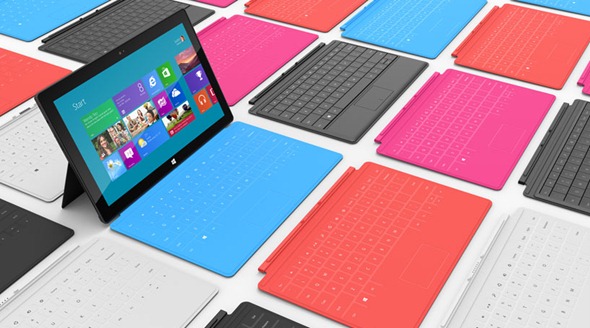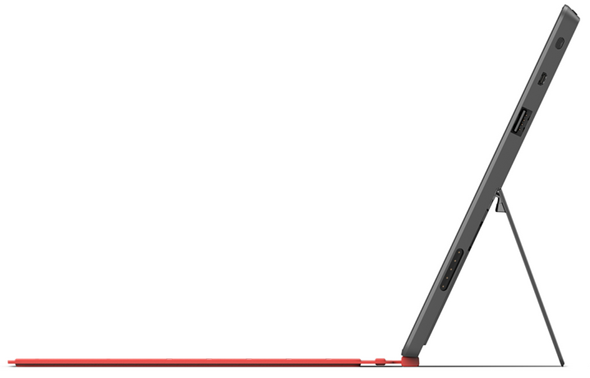The Microsoft Surface is the company’s first delve into the increasingly popular tablet market, and it’s fair to say the Redmond outfit has a fair bit of catching up to do. The iPad has been retailing for two-and-a-half years, and although Android tablets haven’t managed to make as much of an impression on consumers, the companies behind them are now seeming to push forth some genuine contenders to the Cupertino company’s dominant slate.
The Surface, announced in late June, will be the very first Windows 8 tablet, with the ARM edition shipping on the same day as the new operating system – October 26th – at Microsoft Stores, but Microsoft already has the Surface 2.0 in its sights.

Although Microsoft corporate communications chief Frank Shaw recently noted the software maker was "currently building the next-generation" of Surface, a collective of devices created to "fully express the Windows vision," and a bunch of job advertisements on the Microsoft Careers website also offer strong indications of the company’s progress.
Microsoft has been looking for hardware and software engineers and designers to be a part of making the next-gen Surface, and although it makes perfect sense for the future device to be in its plans, it’s still a very forward-thinking move – particularly given the first releases are still a couple of months from reaching the consumer.
In building the Surface team further, Microsoft is making it clear it wishes to continue innovating, and each and every job description notes of "fast-paced product development cycles," suggesting Microsoft will not be hanging around in its quest to take over the tablet field. The innovations seem exciting in themselves, with a request for a materials engineer to work with "new materials including metals, ceramics, plastics and thin films" along with "finishing processes such as paint, plating and PVD" suggesting every next Surface iteration will be significant in improvement on the previous version.

There’s no doubt Apple has innovated from the first iPad to the third, but the increased pressure from Microsoft will certainly give the fruit company – and other tablet makers – something to mull over. The job postings talk briefly of "alternative power sources" as well as "passive and active cooling thermal designs that best balance performance, cost, manufacturability, acoustics and reliability," which take things way beyond simply trying to compete – something Android vendors have appeared content with hitherto.
Microsoft wants to put its own stamp on the tablet market, creating foundations just as Apple has done for the past few years. Whether it will succeed remains to be seen, but one thing is certain – the company isn’t doing anything by halves.
(via TechRadar)
You can follow us on Twitter, add us to your circle on Google+ or like our Facebook page to keep yourself updated on all the latest from Microsoft, Google, Apple and the Web.

